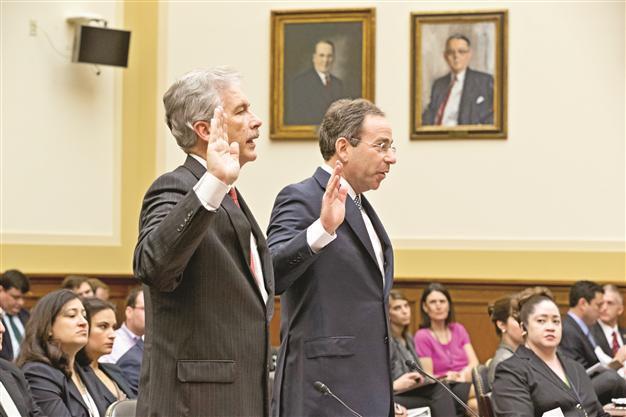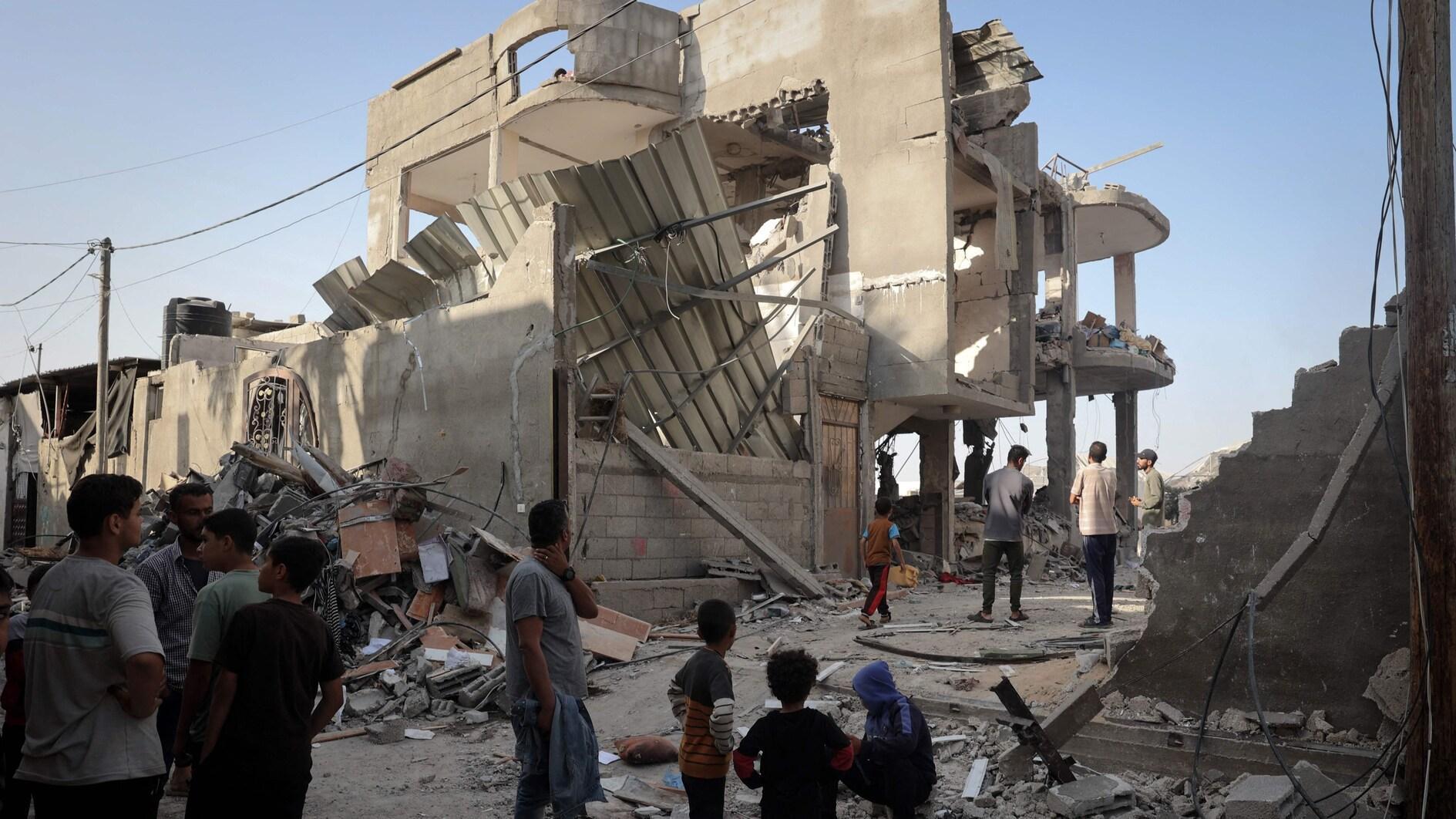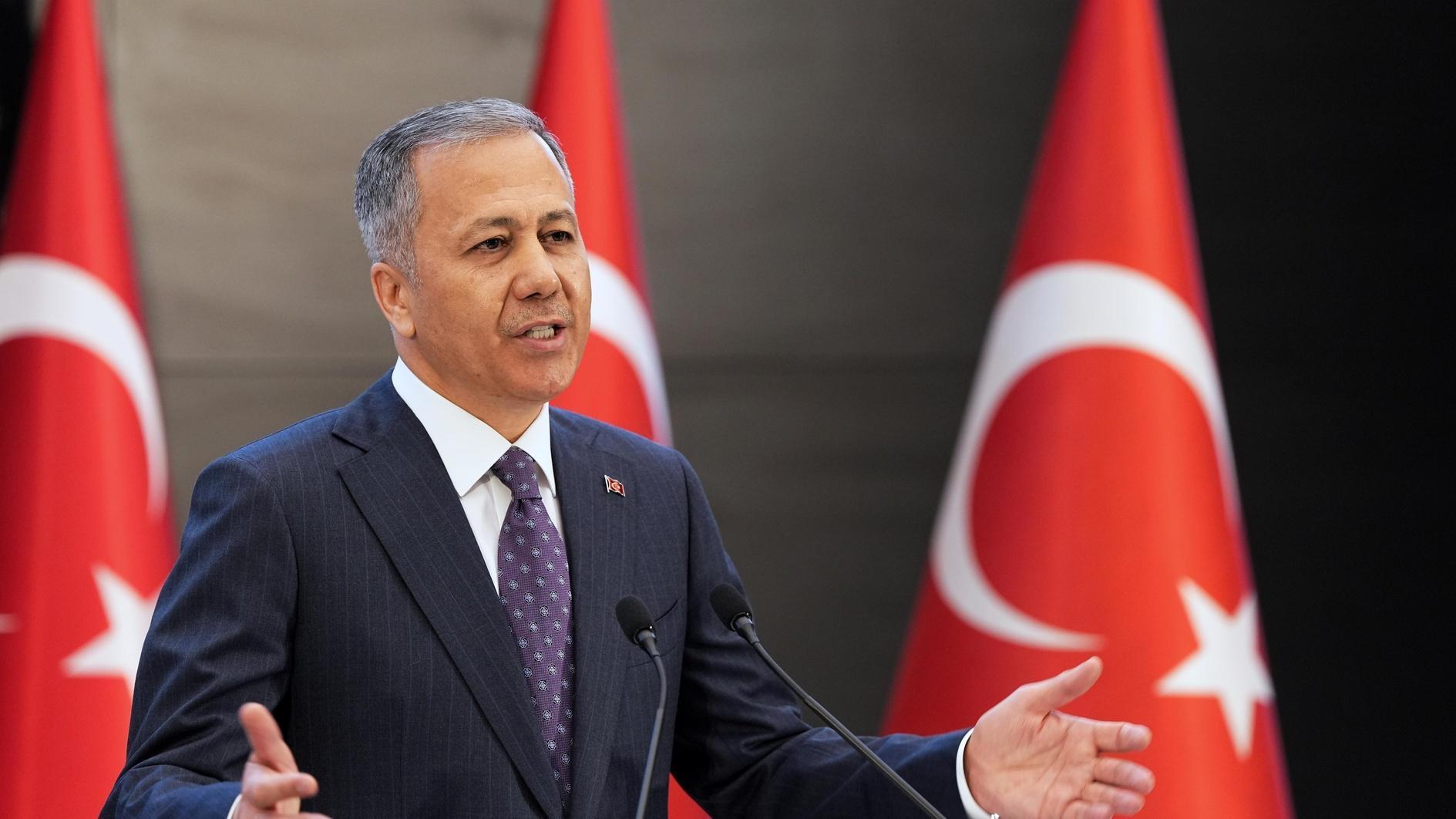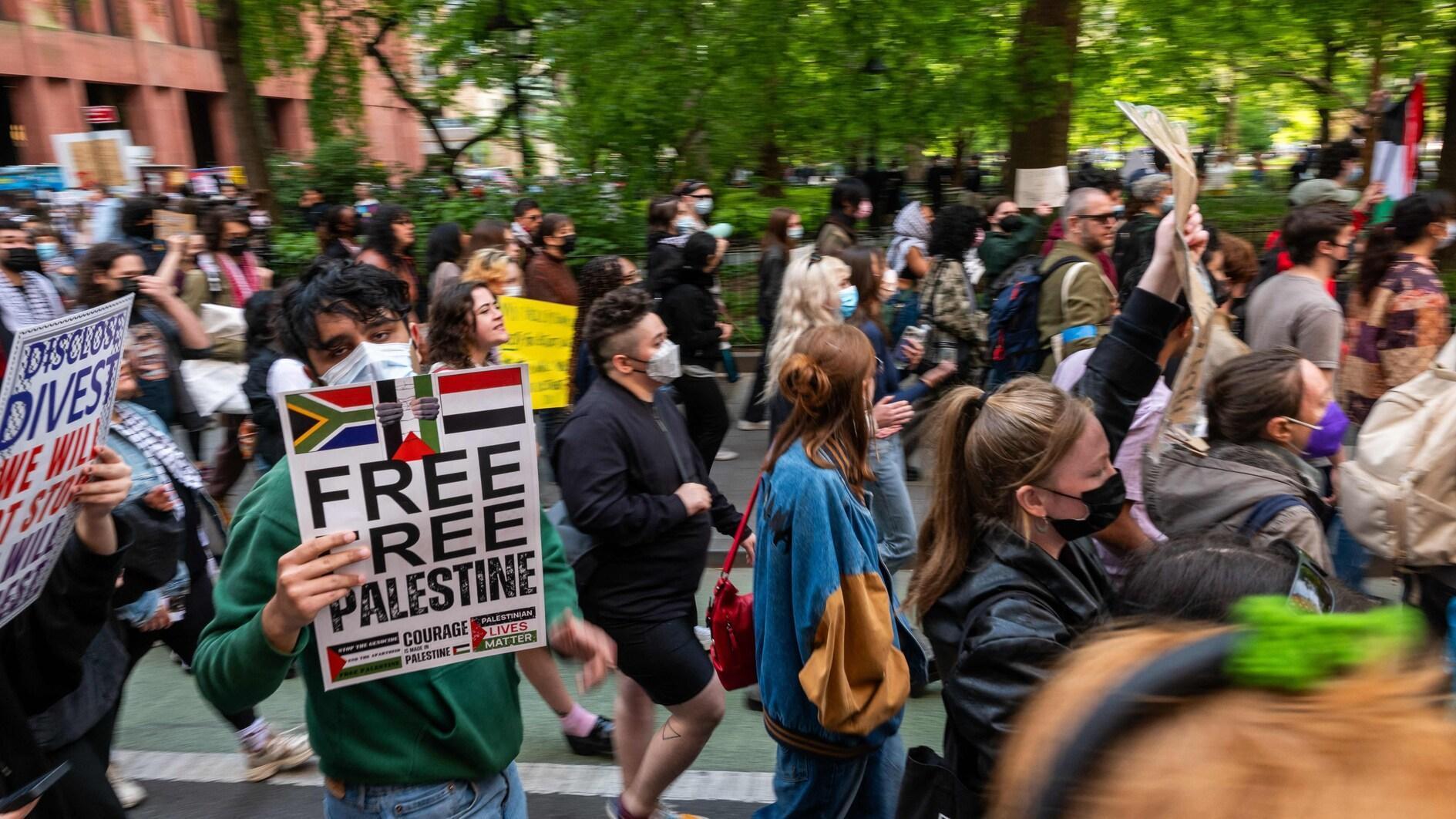Hard lessons learnt in Benghazi: Burns
WASHINGTON - Reuters

Deputy Secretary of State Burns (L) and Deputy Secretary of State Nides are sworn in to testify about the attack on the US consulate in Benghazi. AP Photo
The U.S. State Department will seek billions of dollars in new funds and revamp security procedures around the globe in response to criticism by an independent investigation of the Sept. 11 attack on the U.S. mission in Benghazi, Libya, senior officials said on Dec. 20.U.S. Secretary of State Hillary Clinton’s two top deputies appeared at a Senate hearing and conceded that U.S. officials had failed to “connect the dots” ahead of the attack, which killed U.S. Ambassador to Libya Christopher Stevens and three other Americans. “We learned some very hard and painful lessons in Benghazi,” said Deputy Secretary of State William Burns. “We are already acting on them. We have to do better.”
The State Department said on Dec. 19 its security chief had resigned and three other officials were relieved of their posts following the report, which cited leadership and management deficiencies, poor coordination.
Senate Foreign Relations Committee Chairman John Kerry, tipped to be President Barack Obama’s pick to replace Clinton, chaired the session and led the call for increased funding. “We need to make certain that we are not penny wise and pound foolish when it comes to supporting America’s vital interest overseas,” Kerry said.
Clinton asks for funds
Clinton, unable to appear at the hearing due to illness, has already asked for $1.4 billion in funds for the 2013 fiscal year to be re-allocated to improve security at U.S. diplomatic missions, a State Department fact sheet said. The State Department is also expected to request $2.3 billion per year for the next 10 years to further this work. The State Department said Bill Miller, a diplomatic security special agent since 1987 who has served in Egypt and Iraq, was appointed deputy assistant secretary of state for high-threat posts.
















